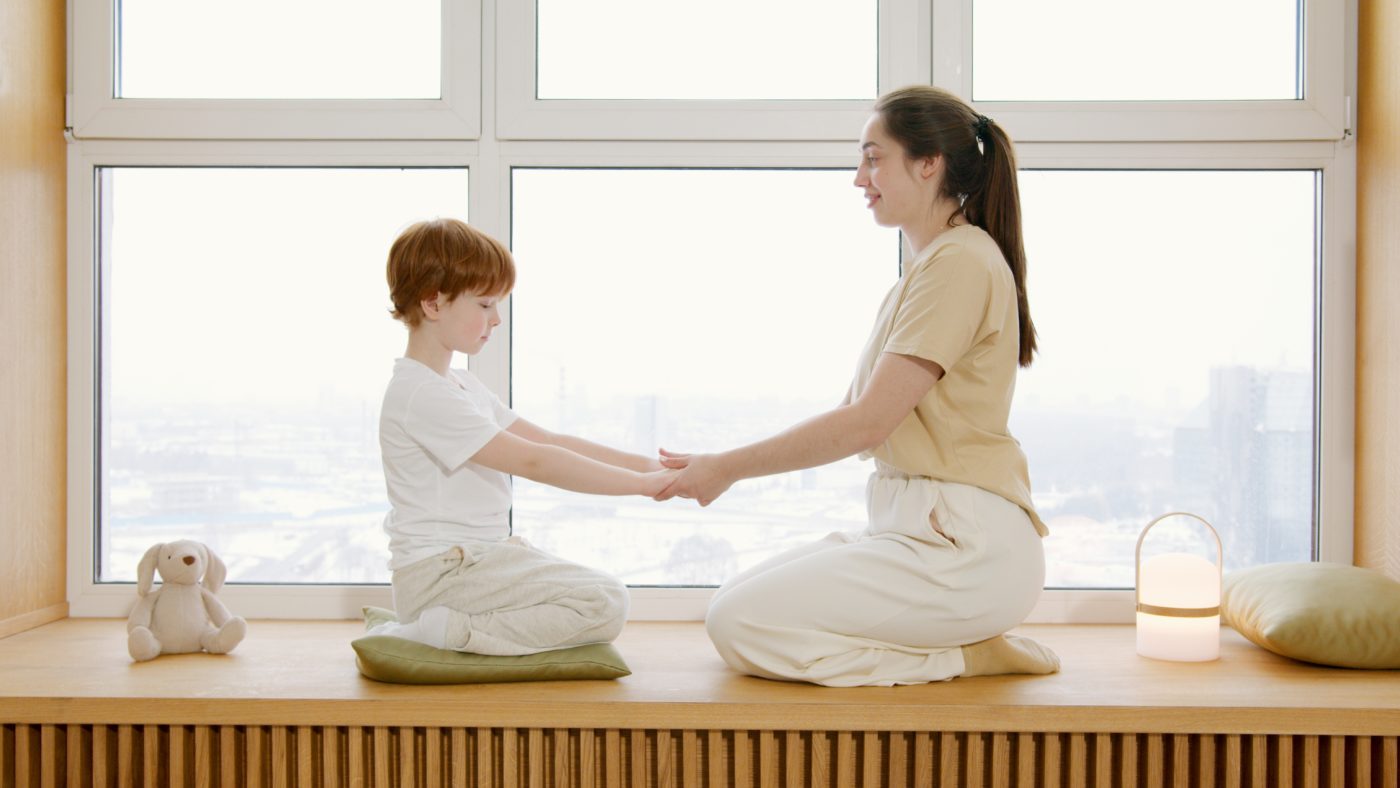Parenting
The Benefits of Practicing Mindfulness with Your Kids
Practicing mindfulness with your kids can have numerous benefits for their physical, mental, and emotional health. Learn more about the benefits of mindfulness and how to practice it with your kids in this article.
Mindfulness is the practice of being present and fully engaged in the current moment, without judgment or distraction. It has numerous benefits for our physical, mental, and emotional health, including reduced stress, improved focus and concentration, increased self-awareness, and better emotional regulation. As parents, practicing mindfulness with our kids can help them develop these skills and improve their overall well-being. In this article, we’ll explore the benefits of mindfulness and how to practice it with your kids.
-
Reduces stress and anxiety.
Practicing mindfulness with your kids can help them reduce stress and anxiety. By focusing on the present moment, they can let go of worries about the past or future and reduce the physiological effects of stress. Simple mindfulness exercises, such as deep breathing or body scans, can help your child calm their mind and relax their body.
-
Improves focus and concentration.
Mindfulness can improve your child’s focus and concentration. By learning to pay attention to their breath or other sensations in their body, they can train their mind to be more focused and less distracted. This skill can help them in many areas of life, from school to sports to social situations.
-
Increases self-awareness.
Practicing mindfulness can help your child develop self-awareness. By paying attention to their thoughts, emotions, and physical sensations, they can better understand their own needs and reactions. This can lead to better self-regulation and decision-making skills.
-
Enhances emotional regulation.
Mindfulness can also enhance your child’s emotional regulation. By learning to observe their emotions without judgment, they can develop greater emotional intelligence and learn to respond to difficult emotions in a more constructive way. This can lead to better relationships with others and improved overall well-being.
-
Improves sleep quality.
Practicing mindfulness can also improve your child’s sleep quality. By relaxing the mind and body, mindfulness exercises can help your child fall asleep faster and stay asleep longer. This can lead to improved mood, cognitive function, and overall health.
Practicing mindfulness with your kids can have numerous benefits for their physical, mental, and emotional health. By reducing stress and anxiety, improving focus and concentration, increasing self-awareness, enhancing emotional regulation, and improving sleep quality, mindfulness can help your child develop important life skills and improve their overall well-being. To practice mindfulness with your kids, start with simple exercises such as deep breathing, body scans, or mindful walks, and gradually increase the duration and complexity of the exercises as your child becomes more comfortable. With regular practice, mindfulness can become a valuable tool for both you and your child.

